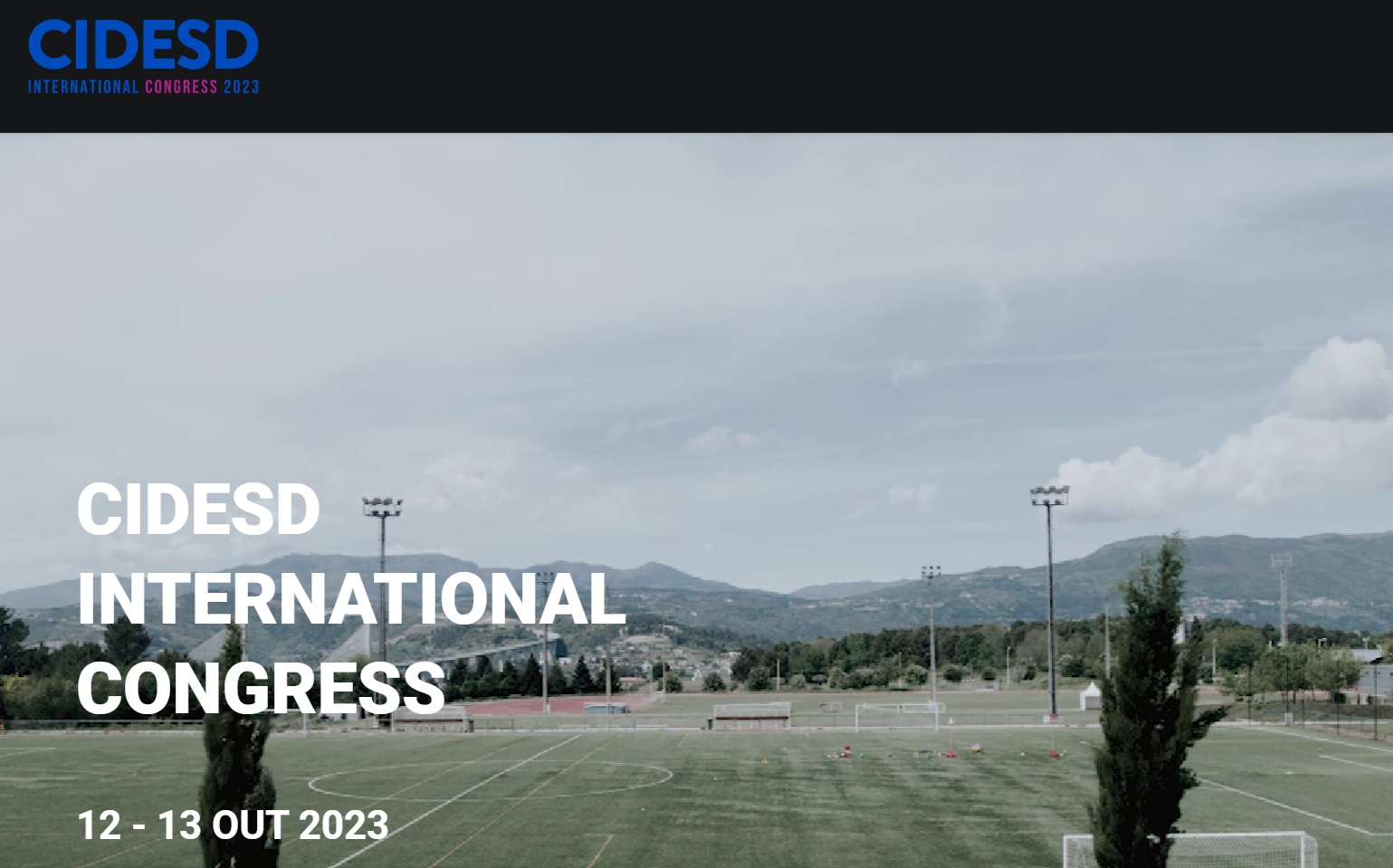Mastering the Art of Penalty Kick Defence: An Exploratory Study on the Key Factors Influencing Goalkeepers’ Success
DOI:
https://doi.org/10.6063/motricidade.31429Keywords:
Football, Goalkeepers, Penalty savesAbstract
Penalty saves in football are crucial for determining match outcomes and are widely acknowledged as one of the most intense and demanding situations in the sport. Goalkeepers face the formidable challenge of interpreting opponents' cues and responding effectively to prevent goals during penalty kicks. This study aims to rigorously analyse the various factors influencing goalkeepers' success in defending penalty kicks. Data on penalty kicks from prestigious international competitions, specifically the UEFA Europa League and UEFA Champions League, were systematically collected for the period between 2018 and 2022. A representative sample of 103 penalty kicks taken during these matches was selected for comprehensive analysis. The assessment of goalkeepers' influence on penalty kick saves considered previous defensive statistics and relied on three main factors: preferred side (the direction where they have a greater tendency to move for a save), reading ability (anticipating the ball's trajectory based on opponent analysis, such as posture and gaze direction), and reaction speed (the ability to respond to the shot). The results showed an average save rate of 22.3%, with a considerable range spanning from 9.8% to 38.8%. Regarding defensive tendencies, 54.5% of goalkeepers displayed a preference for the right side. Importantly, goalkeepers who instinctively moved towards their preferred side first achieved a significantly higher success rate of 65.3%. The average reaction speed among goalkeepers was measured at 0.37 seconds. A statistically significant negative correlation (r = -0.76, p < 0.001) was observed between reaction speed and defence rate, underscoring that faster reactions enhance the likelihood of successful defence. Furthermore, goalkeepers with a greater ability to anticipate ball trajectories demonstrated higher defence rates. Effective penalty kick defence in football relies on rapid responses, anticipation of ball trajectories, and goalkeepers' proclivity to move towards their preferred side as a primary instinct. Strategic planning and specific skills training significantly impact goalkeepers' performance by incorporating visual reaction exercises, agility, and coordination training and utilising visual resources such as real penalty kick videos. Advanced technologies like data analysis and artificial intelligence offer detailed feedback and cognitive training to improve decision-making. Enhancing diving technique, positioning, and practising various penalty kick angles and trajectories are crucial for technique and coordination. These scientifically supported approaches form a strong basis for future research and training interventions, aiming to enhance goalkeepers' defensive abilities in penalty kicks.
Downloads
Published
Issue
Section
License
The authors of submitted manuscripts must transfer the full copyright to Journal Motricidade / Desafio Singular Editions. Granting copyright permission allows the publication and dissemination of the article in printed or electronic formats and copyrights start at the moment the manuscript is accepted for publication. It also allows Journal Motricidade to use and commercialize the article in terms of licensing, lending or selling its content to indexation/abstracts databases and other entities.
According to the terms of the Creative Commons licence, authors may reproduce a reasonable number of copies for personal or professional purpose but without any economic gains. SHERPA/RoMEO allows authors to post a final digital copy (post-printing version) of the article in their websites or on their institutions' scientific repository.


